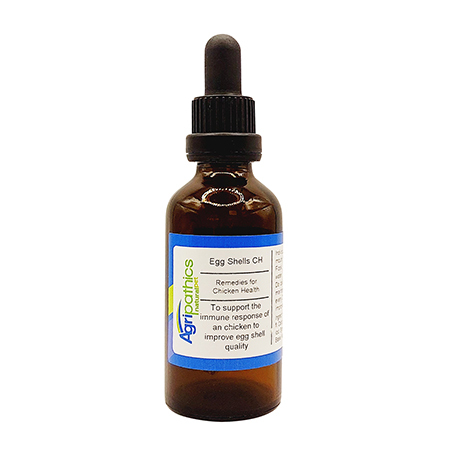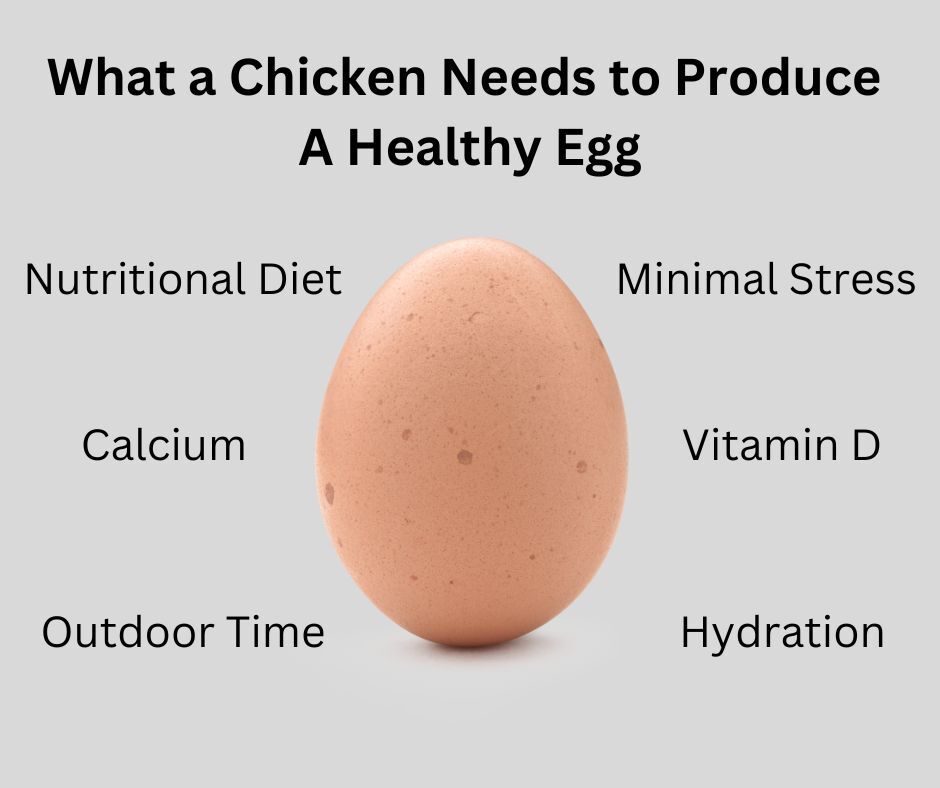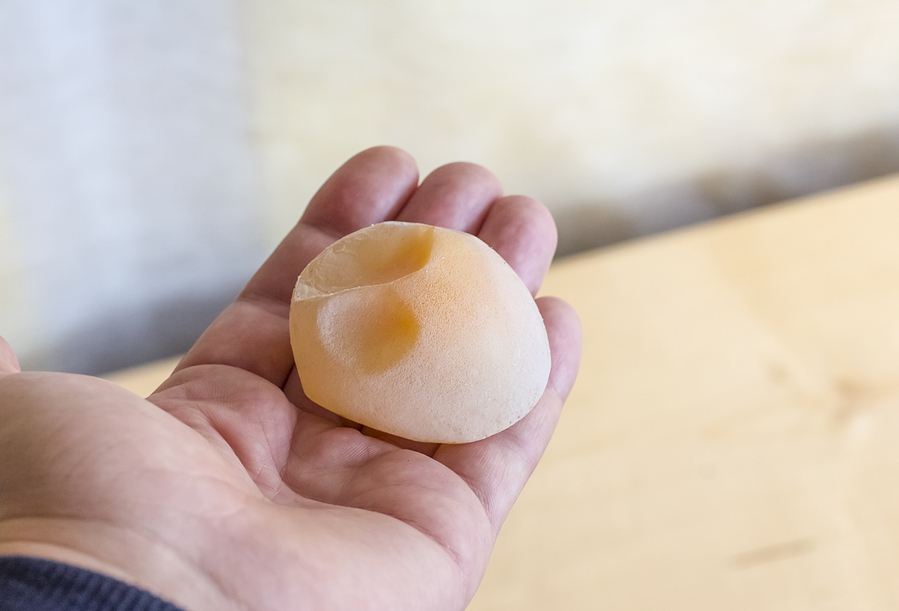Causes of soft shelled eggs in chickens
Soft shelled eggs, also known as thin shelled eggs, are a common issue among backyard chicken keepers. While occasional soft eggs can occur naturally, frequent occurrences may indicate an underlying health concern or environmental factor that needs attention. Fortunately, natural remedies, including our Eggs Shells CH product, can help strengthen eggshell quality while supporting your flock’s overall well-being.
What Are Soft Shelled Eggs?
Soft shelled eggs are eggs with fragile, thin, or partially formed shells. They may appear rubbery or break easily, making them unsuitable for consumption. These eggs can be caused by several factors, including dietary imbalances, stress, or health issues. Understanding what causes chickens to lay soft-shelled eggs is the first step toward addressing the problem.
Common Causes of Soft Shelled Eggs
-
Calcium Deficiency: Calcium is essential for eggshell formation. A diet low in calcium or poor calcium absorption can result in thin or soft shells. This is a primary answer to what causes eggshells to be thin.
-
Vitamin D Deficiency: Chickens cannot absorb calcium effectively without adequate vitamin D, leading to weak shells.
-
Stress: Environmental stressors, such as overcrowding, loud noises, or predator threats, can disrupt a hen’s laying cycle.
-
Illness or Age: Older hens or those affected by diseases like infectious bronchitis may produce soft shelled eggs more frequently.
-
Inconsistent Laying: Young hens just beginning to lay may produce soft eggs as their reproductive systems mature.
-
Poor Nutrition: A diet lacking essential nutrients is a key factor in what causes thin chicken egg shells.
Symptoms of Soft Shelled Eggs in Chickens
-
Finding soft, rubbery, or thin-shelled eggs in the nest box.
-
Hens showing signs of distress or difficulty laying.
-
Reduced egg production.
-
Hens eating their own eggs due to breakage.
Natural Remedies for Soft Shelled Eggs
-
Improve Diet
-
Ensure a balanced diet rich in calcium. Offer high-quality layer feed supplemented with free-choice access to crushed oyster shells or calcium grit.
-
Incorporate dark leafy greens and calcium-rich vegetables like kale, silverbeet and broccoli into their diet.
-
Provide Vitamin D
-
Allow your chickens to spend time outdoors in natural sunlight, which promotes vitamin D synthesis.
-
Supplement their feed with vitamin D if natural sunlight is limited.
-
Minimise Stress
-
Create a calm, safe environment for your flock.
-
Ensure adequate space in the coop and nesting boxes to reduce competition and stress.
-
Administer Eggs Shells CH
-
Our homeopathic remedy, Eggs Shells CH, is specially formulated to address soft shelled eggs and
 promote strong shell formation naturally. This gentle, holistic solution helps:
promote strong shell formation naturally. This gentle, holistic solution helps: -
Improve calcium and vitamin D assimilation and eggshell strength.
-
Support hens recovering from stress or illness.
-
Maintain overall reproductive health.
-
Administer the remedy as directed for optimal results. Eggs Shells CH is safe, non-toxic, and works synergistically with other natural care measures.
-
Hydration and Electrolytes
-
Ensure your flock has constant access to fresh, clean water.
-
During hot weather or periods of stress, provide electrolytes to support hydration and health.

Preventing Soft Shelled Eggs
Prevention is the best approach to avoid recurring issues with soft shelled eggs. Here are some proactive steps:
-
Maintain a Balanced Diet: Always provide a high-quality layer feed and calcium supplements. Additional vitamin D if needed.
-
Keep the Coop Clean: Regular cleaning reduces stress and minimises disease risk.
-
Monitor Flock Health: Conduct regular health checks to catch potential issues early.
-
Encourage Outdoor Time: Daily access to fresh air and sunlight supports overall health and well-being.
-
Minimise Stress: Avoid sudden environmental changes and ensure adequate space for all hens.
Soft shelled eggs in chickens can be concerning, but with proper care and attention, the issue is often manageable. By addressing dietary needs, reducing stress, and incorporating holistic remedies like Eggs Shells CH, you can support your hens in producing strong, healthy eggs.
For more natural chicken care tips or to learn more about our remedies, contact us today. Your flock’s health and happiness are our top priorities!
Recent Articles

20% Off
All Cat Remedies
Lorem Ipsum is simply dummy text of the printing and typesetting industry. Lorem Ipsum has been the industry's standard dummy text ever since the 1500s, when an unknown printer took a galley of type and scrambled it to make a type specimen book. Lorem ipsum dolor sit amet, consectetur adipiscing elit. Vivamus leo ante, consectetur sit amet vulputate vel, dapibus sit amet lectus.



 Earn loyalty points everytime you shop
Earn loyalty points everytime you shop

